Long Beach Files Lawsuit Against Monsanto
The city joins six others on the West Coast that have sued the agrochemical giant for allegedly contaminating water sources with PCBs.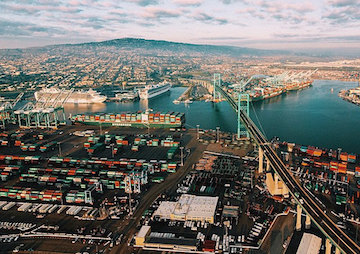 The Port of Long Beach. (via Flickr)
The Port of Long Beach. (via Flickr)
The Port of Long Beach. (via Flickr)
Following the lead of six other West Coast cities, the city of Long Beach on Thursday filed paperwork to sue Monsanto, alleging that the agrochemical giant is responsible for chemical contamination of its water sources, including the Port of Long Beach.
According to the complaint, PCBs find their way to Long Beach waters when they leach, leak, off-gas and escape their intended applications, causing runoff during naturally occurring storm and rain events, after being released into the environment. …
The city said it continues to “incur significant costs related to PCBs in its storm water and the sedimentary deposits in the Port of Long Beach and adjacent ocean floor areas,” according to a release. In addition, the state’s Water Quality Control Board has determined that the presence of PCBs in stormwater runoff in the city threatens fish and wildlife in the Port of Long Beach.
“The city is committed to holding Monsanto responsible for the significant amount of contamination it has placed into the city’s eco-system and Monsanto should shoulder the burden of cleaning up the environment, not the taxpayers of Long Beach and the state,” said City Attorney Charles Parkin. “Long Beach is standing up for clean water and holding Monsanto responsible for producing and distributing products it knew would become a significant risk to the environment.”
PCBs, or polychlorinated biphenyls, refer to a group of man-made chemicals. They “were domestically manufactured from 1929 until manufacturing was banned in 1979” and have been found to cause cancer and other serious health problems, according to the Environmental Protection Agency. Not only can they cycle for long periods “between air, water and soil,” notes the EPA, but PCBs can accumulate in fish and other organisms later eaten by humans.
Monsanto, which is known for genetically modified organisms, has had a turbulent history of manufacturing harmful chemicals. Despite the published risks and illegality of PCBs, the company continued to produce them, alleges the Long Beach lawsuit, which was filed in partnership with Gomez Trial Attorneys and Baron & Budd.
The Port of Long Beach is the second busiest port in the United States. The Colorado Lagoon, another area listed as affected by PCBs in the lawsuit, is a wetland with swimming areas open to the public.
Long Beach is not the first West Coast city to file a lawsuit against Monsanto alleging illegal PCB infiltration. As Business Wire notes, it “joins San Jose, San Diego, Seattle, Oakland, Berkeley, and Spokane.” Scott Summy, an attorney for Baron & Budd, is head of the litigation for each of these cities. He told Business Wire, “Long Beach is standing up for clean water and holding Monsanto responsible for manufacturing a product it knew would become a global contaminant.”
Monsanto has not commented on the lawsuit.
—Posted by Emma Niles
Your support is crucial...As we navigate an uncertain 2025, with a new administration questioning press freedoms, the risks are clear: our ability to report freely is under threat.
Your tax-deductible donation enables us to dig deeper, delivering fearless investigative reporting and analysis that exposes the reality beneath the headlines — without compromise.
Now is the time to take action. Stand with our courageous journalists. Donate today to protect a free press, uphold democracy and uncover the stories that need to be told.

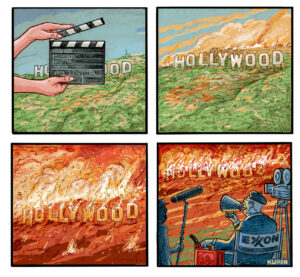
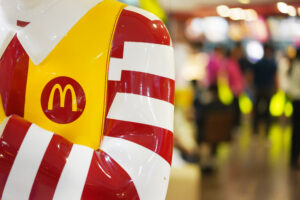
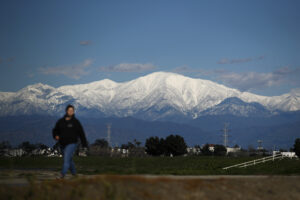
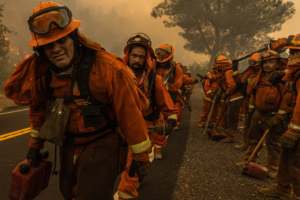
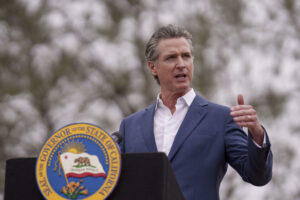
You need to be a supporter to comment.
There are currently no responses to this article.
Be the first to respond.